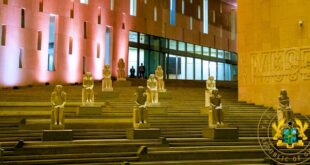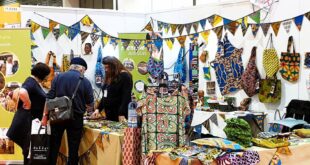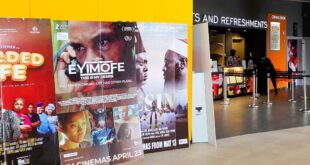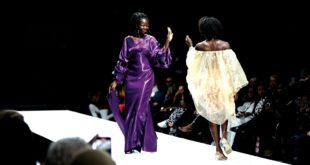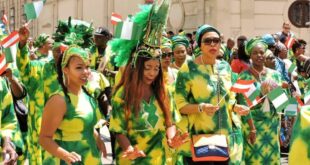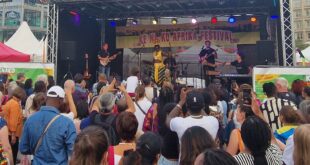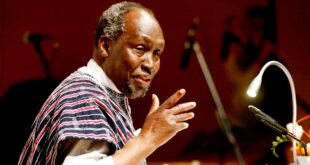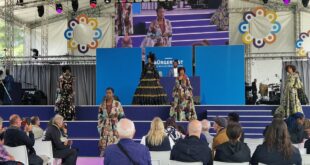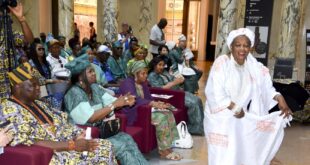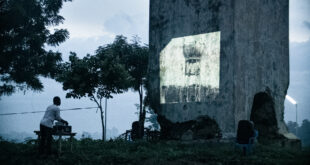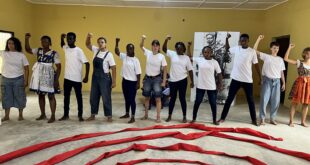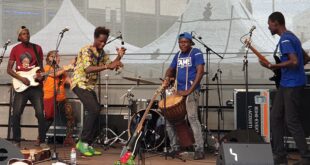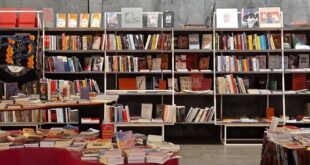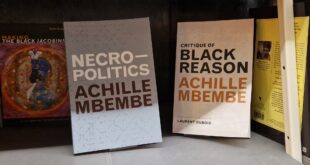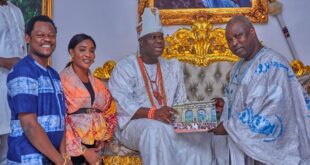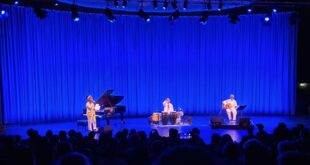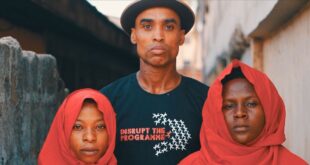The Lagos State Government has unveiled a statue in memory of the late Afrobeat pioneer and human rights activist, Fela Anikulapo Kuti. The event which took place on Sunday was to mark his posthumous 79th birthday and the 20th anniversary of his passage.
The ‘Liberation Statue’ was formally unveiled by the state governor, Mr Akinwunmi Ambode, in the presence of some of Fela’s children and other family members.
The statue, which symbolically depicts the image of the late Afrobeat legend without a head, was created by Abolore Sobayo, an artist with keen political consciousness and erected at the Allen roundabout, Ikeja, standing in an opposite direction to the statue of late Premier of old Western Region, Chief Obafemi Awolowo.
Perhaps to avoid a barrage of criticism the statue might generate, the state government clarified that it “is not an image of Fela, but a symbol of Fela’s philosophy.”

In an emotion-laden speech, Ambode paid tribute to the late legend, specifically pointing the attention to the manner Fela made the world sit up and take notice of the energy of African art and music.
Even though he died two decades ago, Ambode said it had become imperative “to remember and honour Fela who challenged us as individuals and as a people to free our minds of all inhibitions and actualise our true potential. Fela, 20 years after his death, is still alive as a movement of social consciousness and justice against oppression in our society.”
The governor noted that Fela was an enigmatic artiste, who used the platform of his art “to agitate for social and human rights by challenging the government and people to explore development through social and economic activities that are rooted in African values.”
He said the state government “identifies with the spirit of limitless opportunities offered by the creative sector and will support entertainment entrepreneurs to achieve their dreams.”
Ambode added that the state government would “create a vibrant arts and culture sector that would empower our young and talented population to find their own voices and impact society positively”.
Kola Tella
 THE AFRICAN COURIER. Reporting Africa and its Diaspora! The African Courier is an international magazine published in Germany to report on Africa and the Diaspora African experience. The first issue of the bimonthly magazine appeared on the newsstands on 15 February 1998. The African Courier is a communication forum for European-African political, economic and cultural exchanges, and a voice for Africa in Europe.
THE AFRICAN COURIER. Reporting Africa and its Diaspora! The African Courier is an international magazine published in Germany to report on Africa and the Diaspora African experience. The first issue of the bimonthly magazine appeared on the newsstands on 15 February 1998. The African Courier is a communication forum for European-African political, economic and cultural exchanges, and a voice for Africa in Europe.


